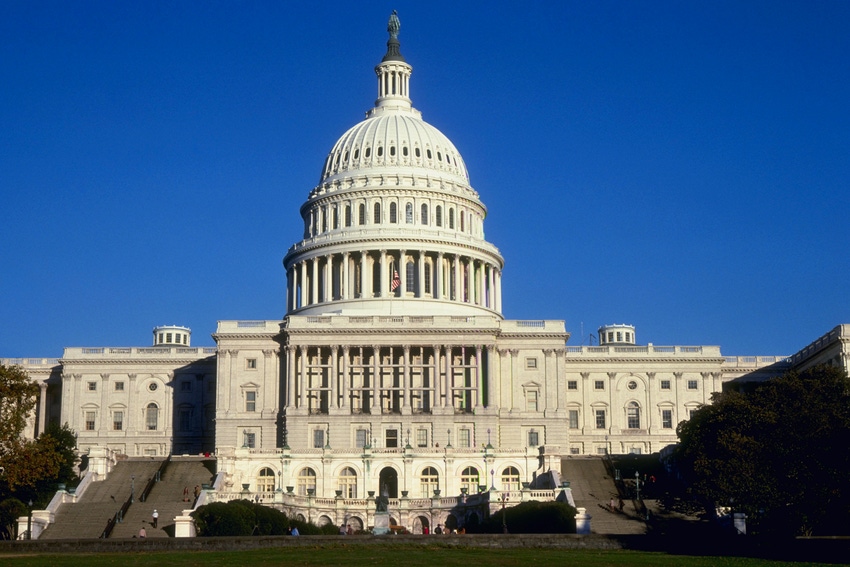September 20, 2017

U.S. Sens. Jodi Ernst, R-Iowa; Angus King, I-Maine; Joe Donnelly, D-Ind., and Susan Collins, R-Maine, have introduced legislation to increase funding to USDA export promotion programs and help U.S. farmers maintain an edge in the increasingly competitive global marketplace.
The bill, the Cultivating Revitalization by Expanding American Agricultural Trade and Exports (CREAATE) Act, aims to revitalize the USDA’s export promotion programs, which generated a net return of $28.30 for every dollar invested between 1977 and 2014. The CREAATE Act would aid two of the USDA’s most successful programs, the Market Access Program (MAP) and Foreign Market Development Program (FMDP), by doubling their funding over five years. A companion bill was introduced in the House earlier this year.
MAP and FMDP form public-private partnerships that promote U.S. agriculture. Cooperators in the initiatives, like the U.S. Grains Council (USGC) and U.S. Meat Export Federation (USMEF), employ staff around the world to build and defend U.S. market share of commodities.
“These are programs that yield exponential benefits for farmers and for our economy, generating almost $30 in net return for every dollar invested," said American Soybean Association (ASA) Vice President John Heisdorffer of Iowa. "Those dollars have gone to expanding overseas demand in the fields of animal agriculture, cooking oils, and the emerging field of aquaculture, which will be key as our industry works to provide protein to a growing global population in places like Southeast Asia and Latin America."
“This bipartisan legislation would help strengthen our nation’s agricultural industry and help create jobs,” said Collins.
"As American farmers and ranchers are struggling with historically low commodity prices, maintaining and strengthening U.S. trade relationships around the world is critical to the survival and profitability of the agricultural community,” said Ernst, a member of the Senate Committee on Agriculture, Nutrition, and Forestry. “With one in every five jobs in Iowa being dependent on trade, it’s important that we ensure these programs have the ability to continue supporting our agricultural economy in Iowa, as well as across the United States.”
“Export promotion programs like MAP and FDMP have a proven track record of helping American farm products reach foreign markets, opening up new opportunities and adding billions of dollars to our nation’s agricultural industry. However, recent funding levels for these programs do not reflect their importance to American exports.” said King. “Passage of this bipartisan legislation would mean growth for our agricultural industry and more good jobs across the economy.”
“Hoosier farmers are among the best in the world and a pillar of Indiana’s economy,” said Donnelly. “That’s why I am proud to work with my colleagues and friends, Senators Angus King, Joni Ernst and Susan Collins, on bipartisan legislation that would help expand international market access for our farmers, increase opportunities for them to sell their products to customers across the globe, and strengthen our state’s agricultural economy.”
MAP was established in 1985, and allows agricultural trade associations, farmer cooperatives, non-profit trade groups, and small businesses to apply for either generic or brand-specific promotion funds to support exporting efforts. Generic commodity funds are issues with a 10-percent minimum matching fund, while brand-specific funds require a funding match of at least 50%.
FMDP was first developed in 1955, and is largely used for the promotion of bulk commodities, helping agricultural trade associations establish permanent presences in important markets. It also includes a matching fund requirement.
USDA export programs like MAP and FDMP have added an annual average of $8.15 billion to the value of American agricultural exports, and added up to 239,800 full and part-time jobs, including 90,000 farm sector jobs. MAP and FDMP funding has not increased since the 2002 Farm Bill.
Source: U.S. Senate
You May Also Like




